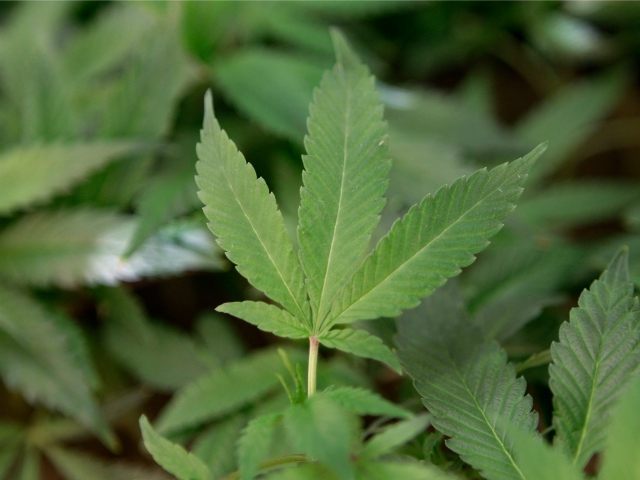On Friday, California legislators will vote on legislation creating the first regulatory framework for medical marijuana.
Legislators agreed Thursday night to establish a Bureau of Medical Marijuana Regulation to supervise the medical marijuana industry, according to the Los Angeles Times.
Three separate bills–SB643, from Senator Mike McGuire (D-Healdsburg); AB266 from Assemblyman Rob Bonta, (D-Oakland) Ken Cooley (D-Rancho Cordova), and Reginald Byron Jones-Sawyer (D-Los Angeles); and AB246 from Assemblyman Jim Wood (D-Healdsburg), had to pass for any of them to be forwarded to Gov. Jerry Brown for his approval, according to NBC New York.
The Bureau of Medical Marijuana Regulation will report to the California Department of Consumer Affairs, but the Department of Food and Agriculture and the Department of Public Health will also aid in the enforcement of the new standards, according to Cooley. The Bureau will supervise everything from marijuana farms and medical clinics to product safety labs and sales of the product. Until now, the medical marijuana trade has been regulated by cities and counties.
Legislators, knowing that voters will likely legalize recreational marijuana next year, felt pressured to control the medical marijuana trade. California was the first state to legalize medical marijuana in 1996. In 2014, Assemblymember Tom Ammiano and State Senator Lou Correa proposed bills (AB 1894, SB 1262) to regulate the trade, but both bills failed.
The Sacramento Bee reported that as late as Wednesday, officials from the UFCW Western States Council, League of California Cities, and state Teamsters and police chiefs organizations sent a letter to Democratic Party leaders in the legislature urging them to pass regulation.
The bills to be sent to Brown allow cities and counties to ban medical marijuana businesses but also permit individuals to grow their own marijuana if they have a doctor’s recommendation to use medical marijuana
Wood reportedly stated that the compromise reached Thursday would cancel an excise tax that would have taken $60 million for policing and environmental protection.

COMMENTS
Please let us know if you're having issues with commenting.